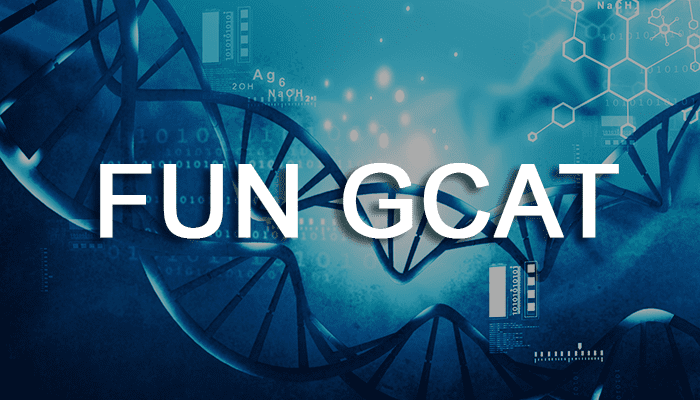The Intelligence Advanced Research Projects Activity (IARPA) this week announced a multi-year research effort to develop new biosecurity tools under the Functional Genomic and Computational Assessment of Threats (Fun GCAT) program.
In order to better address biosecurity concerns, the Fun GCAT program intends to develop next-generation computational and bioinformatics tools to improve DNA sequence screening, to augment biodefense capabilities through the characterization of threats based on function, and to advance our understanding of the relative risks posed by unknown nucleic acid sequences.
IARPA has awarded research contracts in support of Fun GCAT to teams led by:
Tools developed under Fun GCAT will enhance the ability to computationally and functionally analyze nucleic acid sequences, ascribe threat potential to known and unknown genes through comparisons to the functions of known threats, and facilitate the ability to screen and identify sequences of concern, including genes responsible for the pathogenesis and virulence of viral threats, bacterial threats, and toxins.
“Most DNA synthesis activities are not currently screened for health or environmental risks, and the screening tools that are used are limited to matching DNA sequences to known organisms,” noted Julias. “We hope that the technology developed through Fun GCAT will improve our ability to both screen and identify DNA sequences of concern.”
Editor also recommends:



